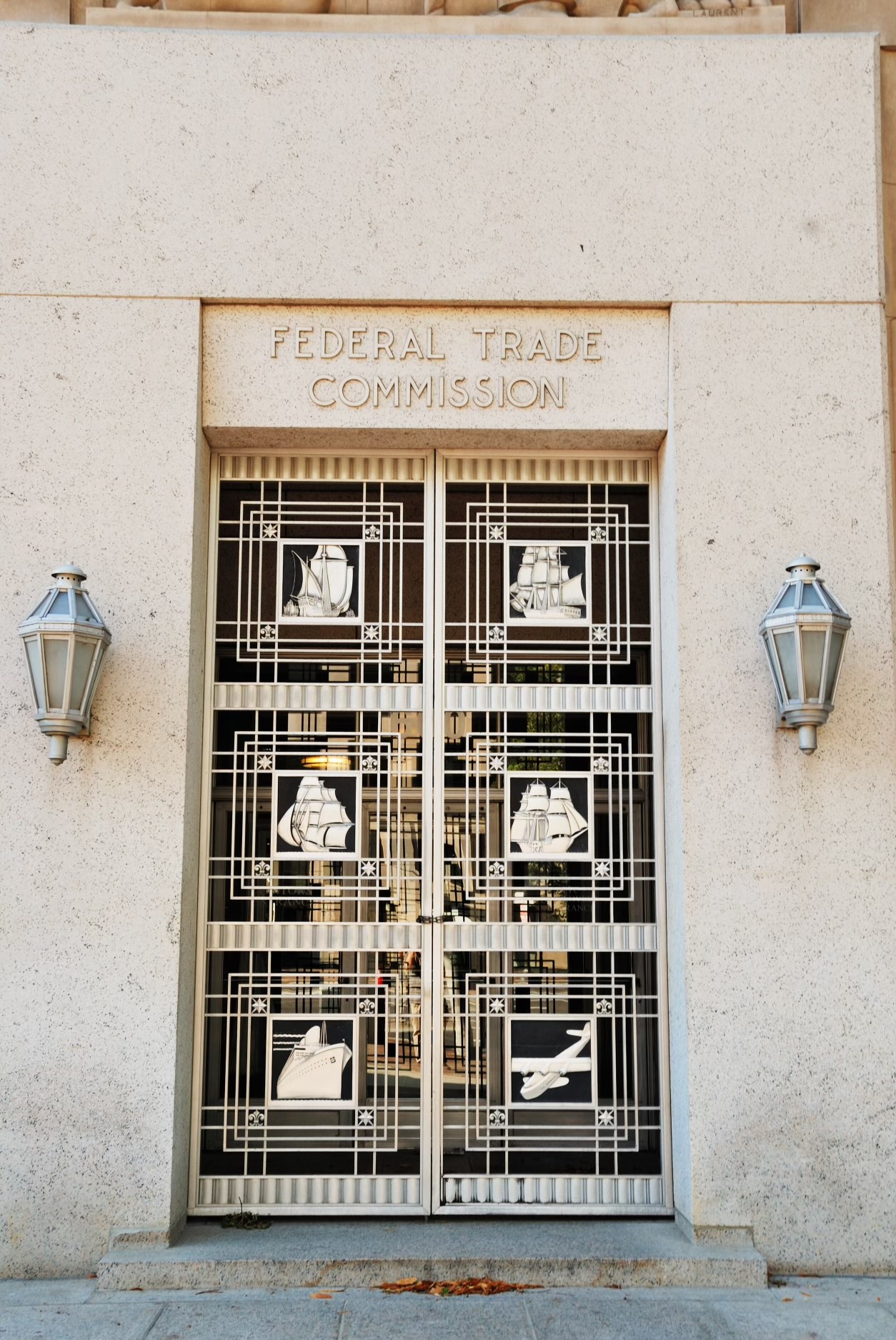Chegg Hit with $7.5 Million FTC Settlement Over Subscription Cancellation Failures
Key Takeaways
- FTC Settlement: Chegg will pay $7.5 million to settle allegations that it made subscription cancellations overly difficult and continued charging customers after they attempted to cancel.
- Deceptive Practices: The FTC says Chegg buried cancellation options, forced users through confusing steps, and billed nearly 200,000 consumers after cancellation requests since October 2020.
- Legal Basis: The agency alleged violations of the FTC Act and the Restore Online Shoppers’ Confidence Act (ROSCA), which requires clear disclosures, informed consent, and simple cancellation processes.
- Ongoing Oversight: Beyond the financial penalty, Chegg must maintain straightforward cancellation mechanisms, submit compliance reports, and retain records for up to 10 years.
- Repeat Scrutiny: This is the second FTC settlement with Chegg in recent years, following a 2022 order over data security lapses that exposed millions of customer and employee records.
- Regulatory Signal: The case highlights the FTC’s broader crackdown on “dark patterns” in subscription services, with an emphasis on making cancellation as easy as sign-up.
Deep Dive
Chegg, the education technology company known for its online study tools, has agreed to pay $7.5 million after the Federal Trade Commission accused it of making it needlessly difficult for students and parents to cancel recurring subscriptions.
For years, the company allegedly relied on a maze of digital hurdles that trapped users in services they no longer wanted. The FTC says Chegg buried cancellation links on its websites, forced users through multiple confusing steps, and in some cases continued charging people even after they thought they had successfully canceled. Since October 2020 alone, nearly 200,000 consumers were billed after attempting to walk away, according to the complaint.
The settlement, filed in federal court, requires Chegg not only to pay $7.5 million in refunds but also to overhaul how it handles cancellations. Going forward, any cancellation process must be as easy as the sign-up process, a standard rooted in the Restore Online Shoppers’ Confidence Act (ROSCA)—a law designed to curb deceptive “negative option” billing schemes.
Christopher Mufarrige, Director of the FTC’s Bureau of Consumer Protection, framed the case as part of a broader crackdown. “It harms the American people when companies fail to provide simple mechanisms to cancel recurring charges as Congress required in the Restore Online Shoppers’ Confidence Act,” he said, adding that the agency is “reinvigorating” its fraud program to enforce ROSCA more aggressively.
A Familiar Face for Regulators
This isn’t Chegg’s first run-in with the FTC. In 2022, the company was ordered to shore up its cybersecurity practices and delete unnecessary customer data after an earlier case revealed that millions of users’ personal information had been exposed through lax security.
With the latest settlement, Chegg finds itself under the microscope again, this time for how it treats consumers trying to cut ties. The FTC’s order goes further than financial penalties, ordering Chegg to maintain compliance reporting for up to a decade, provide straightforward cancellation mechanisms both online and by phone, and avoid misrepresentations about consumers’ ability to stop recurring charges.
The case underscores a growing focus by U.S. regulators on “dark patterns”, design tricks and buried options that make it difficult for consumers to exercise their rights. Subscription-based services, especially in the digital economy, have drawn scrutiny for prioritizing revenue retention over transparency and fairness.
For students and parents, Chegg’s core audience, the issue strikes particularly close to home. What was supposed to be an educational lifeline became, for many, a billing headache.
The GRC Report is your premier destination for the latest in governance, risk, and compliance news. As your reliable source for comprehensive coverage, we ensure you stay informed and ready to navigate the dynamic landscape of GRC. Beyond being a news source, the GRC Report represents a thriving community of professionals who, like you, are dedicated to GRC excellence. Explore our insightful articles and breaking news, and actively participate in the conversation to enhance your GRC journey.
Sponsored by






.svg)

.svg)